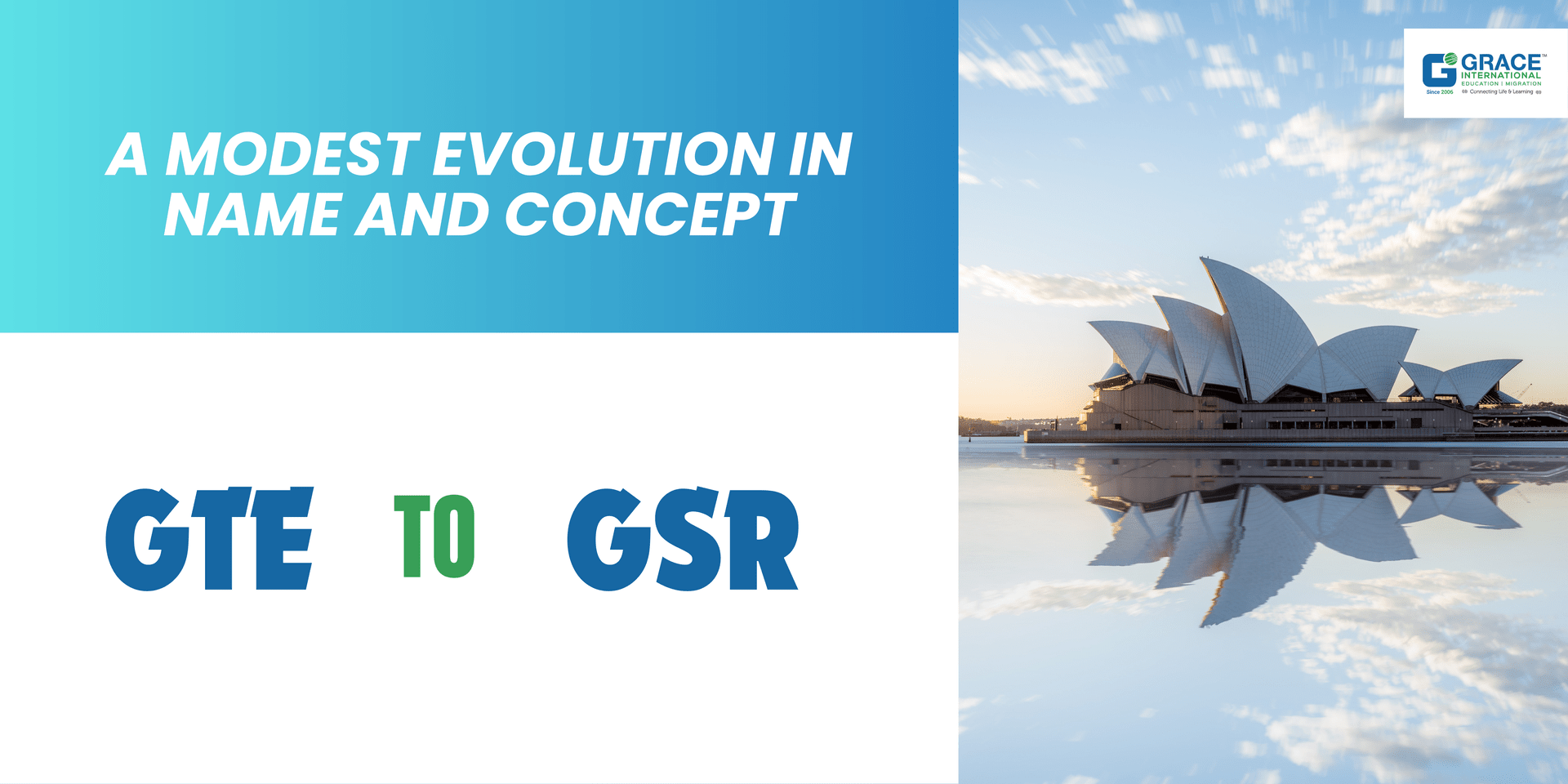Introduction to GSR:
Genuine Student requirement (GSR); A homogeneous update introduced by the Department Home Affairs (DHA) to replace the widely known Genuine temporary entrant (GTE). Introduced on March 23 2024, GSR was a mystery until March 22 2024, as every related person to this sector was aware that a change is coming but couldn’t predict what it was. But after its introduction, the mist of suspense has been clear but the concept among people still seems vivid. The technical difference between GSR and GTE is that, GTE was a vague topic referring all the temporary entrants whereas GSR is narrowed and focused towards students. Previously the DHA expected the applicants to satisfy the GTE criterion while now they expect the applicant to satisfy GS/ GS dependent criterion.
Basics and misconceptions:
Let me brief you about the GSR and break some bubbles. GSR normally expects a justified answers of the four questions, i.e.
- Give details of the applicant’s current circumstances. This includes ties to family, community, employment and economic circumstances,
- Explain why the applicant wishes to study this course in Australia with this particular education provider. This must also explain their understanding of the requirements of the intended course and studying and living in Australia.
- Explain how completing the course will be of benefit to the applicant.
- Give details of any other relevant information the applicant would like to include.
Many of the applicants are aware about the criteria that the justification of each answer must be limited up to 150 words but only a few are familiar that there’s one more criterion that is character count which demands the justification to have 1000 characters at maximum. May be this was something different for many of you. Let’s move further.
Students are widely informed that GS criterion introduced four questions but actually there’s an additional question. The fifth question is summoned upon falling under certain conditions. The fifth question states, “Provide a detailed history of the applicant’s study record in Australia from the date of first arrival.” The condition is implied if the applicants previously held student visa or is applying from Australia from a non-student visa status.
Some of the providers leave the answers up to the applicants and do not expect GS answers at the time of assessment but be informed that although the provider did not demand for it, it’s still mandatory at the time of visa application.
Tips:
- Word and Character constraints: Given the limitations in the word and character count, answer the details in a concise way. To put it in simpler terms, answer the questions like a science paper rather than history,
- Plagiarism: Avoid copying answers from others, the DHA expects that the applicant should at least have an ideology of themselves about the reasons that they are intending to opt for Australia as a study destination. And given the details are provided in a system, who’s to say if it can track plagiarism. So do not risk your future,
- Coverage: Relevant to the first tips, while writing be aware about the details demanded by the questions and make sure you address them in a pin point format.
- Provider’s need: Providers have their own criteria and expectations with the details provided so make sure you meet their expectations too,
- Evidence and backings: Make sure there’re credible evidences provided to the DHA to back any claims made in the details provided.
Frequently Asked Questions (FAQ)
- Is SOP still mandatory?
There’s no demand of SOP from the DHA after the introduction of GSR so it has become an optional subject. But if it is mandated by the chosen provider, it’s better to provide the DHA with the SOP too.,
- Is plagiarism tracked?
There’s no concrete answer to this question. But given that the DHA places great weight on the applicant’s genuity taking risk is not worthy.,
- How to concise the answer within the set limits?
The answer is be smart. Prioritize the questions that needs to be addressed rather than playing with words and providing a decorative answer. The test is to judge your clarity in vision and research not your English proficiency.


